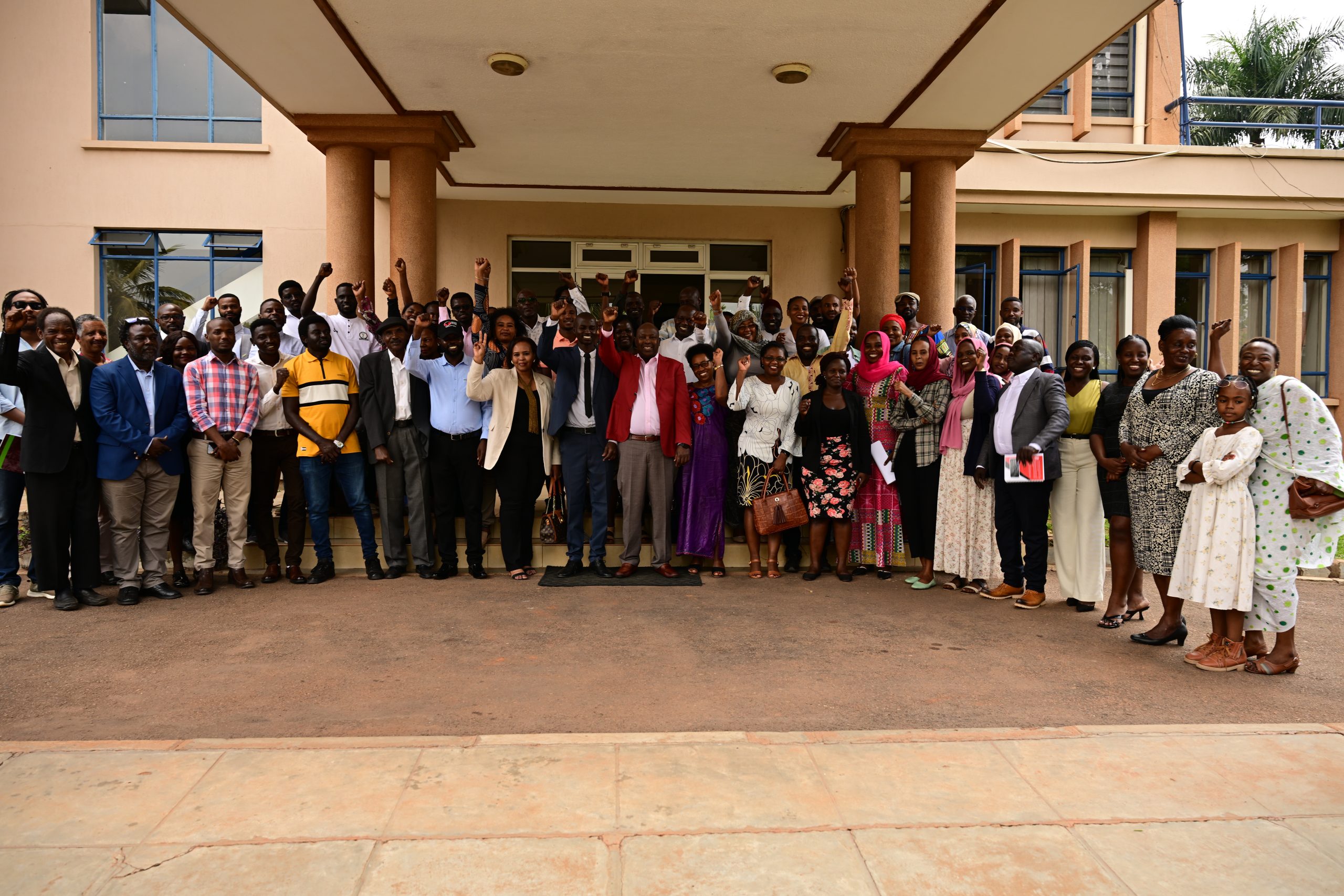Sudan Defenders October Newsletter

Greetings from Sudan Defenders!
Sudan continues to face a severe humanitarian crisis due to the ongoing conflict between warring factions. Civilians, especially in areas like Tambul in Gezira state, and Rufaa and Seriha in Al-Jazirah state, have been forced to flee their homes as a result of bombings and attacks. Reports of widespread human rights abuses, including the abduction and rape of women and children, as well as citizens being held for ransom, are emerging. The conflict has also led to the destruction of homes and crops, with tens of thousands displaced in search of safety.
In North Darfur, the violence has escalated, with civilian areas, such as Al Kuma locality and the Omdurman market in Mellit, being bombed. These attacks are flagrant human rights violations. The shelling of the Abu Shouk camp has also resulted in numerous casualties. The situation is becoming increasingly dire, with widespread destruction and loss of life.
In light of this, SudanDefenders convened a meeting to discuss the urgent need to protect civilians, including the call for a no-fly zone, which UN agencies could help enforce. A more comprehensive strategy will be developed in an upcoming meeting with the executive committee and coalition members to launch a campaign aimed at addressing these urgent issues.
Meanwhile, HRDs who remain in Sudan are facing extreme hardships. They lack food, cannot access their banking accounts, and are deprived of basic necessities. The country is in turmoil, with no internet connectivity and severe restrictions on freedom of movement. HRDs are also at risk of detention, arbitrary arrest, and targeted killings, particularly in Bahri and Khartoum. Tragically, some HRDs who have been distributing aid to vulnerable communities have been killed by warring factions. Those with children are struggling to provide basic education for their families due to a lack of financial resources, as they can no longer continue their monitoring and advocacy work. In response to these dire circumstances, SudanDefenders, with the support of DefendDefenders, remains committed to supporting HRDs through direct assistance, technical support, and capacity building.
In our latest issue, we highlight the story of Salih Mahmoud Osman, a renowned human rights defender from Sudan. Despite the ongoing violence and attacks from both the state and the armed factions, Salih remains dedicated to protecting human rights. His story serves as a powerful reminder of the resilience and courage of those fighting for justice in Sudan’s most challenging conditions.
I invite you to read our October Newsletter here.
Adam Musa Obama
Executive Director

